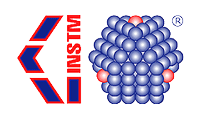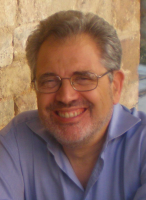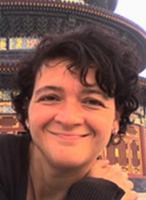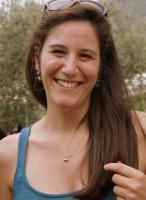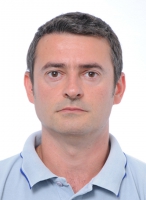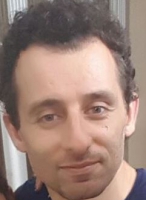INSTM stands for the “National Interuniversity Consortium of Materials Science and Technology”, the largest consortium of its kind in Italy, drawing on the expertise of 47 Italian Universities.
The individual universities' voluntary affiliation with INSTM allows their Research Professors and Fellows to participate in the Consortium's activities through the presentation of research proposals. In the last few years, over 2000 tenured professors, research fellows, holders of research and scholarship grants and doctorate students have taken advantage of this opportunity, and the numbers are growing year on year.
Like other such organisations, INSTM's charge is to unite and concentrate the efforts of its affiliates to help them become more competitive both in Italy and abroad in securing funds and financing. The domestic and international projects involving INSTM's research groups that have been financed to date. Include as partners Italy's National Research Council; ENEA, Italy's National Agency for New Technologies, Energy and Sustainable Economic Development; the CINECA consortium for advanced information technology and scientific computing and Italy's largest computing centre; IIT, the Italian Institute of Technology, and many others.

